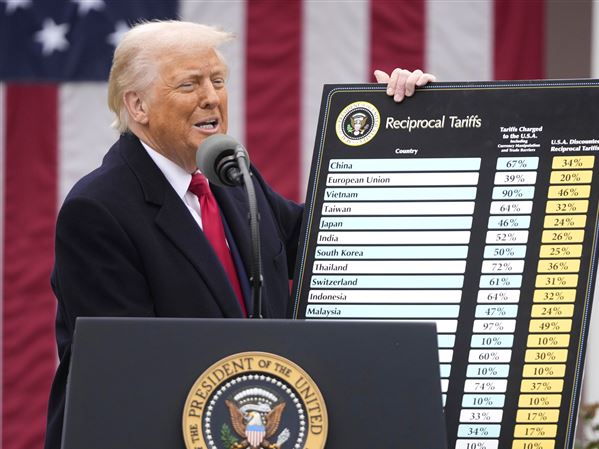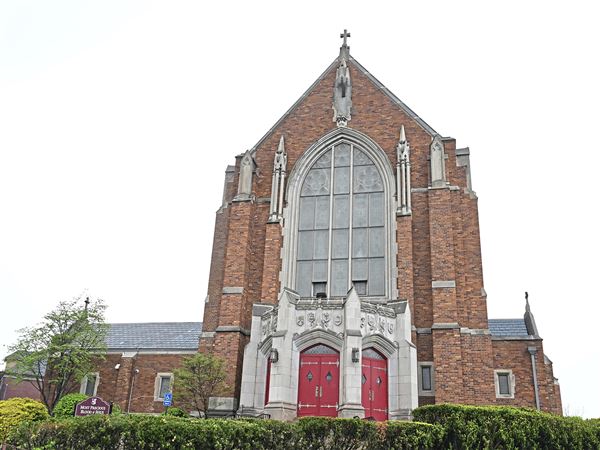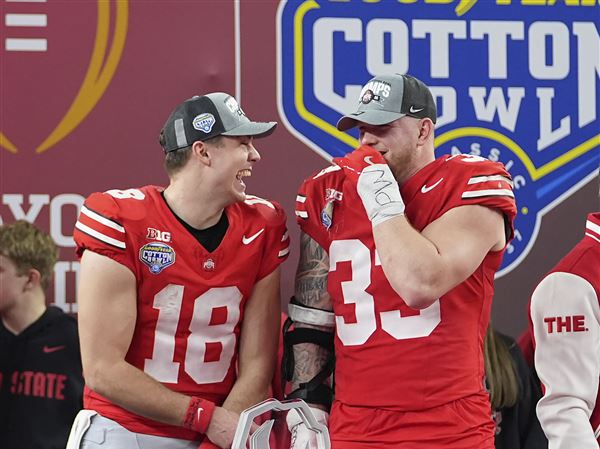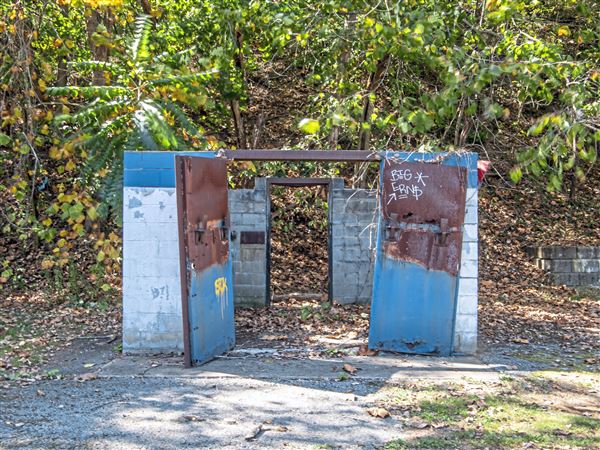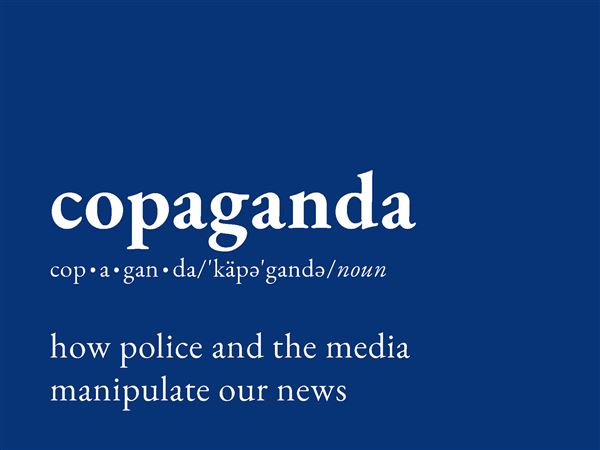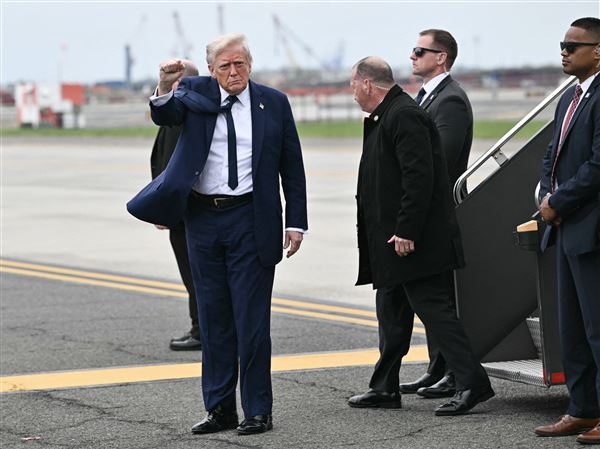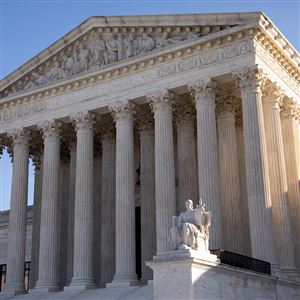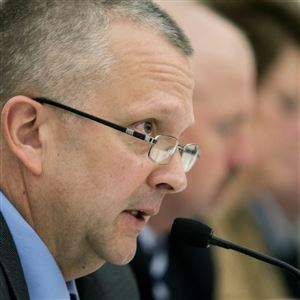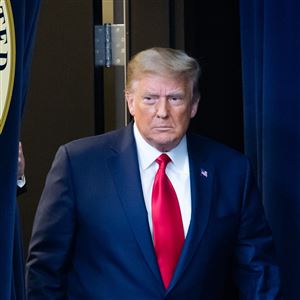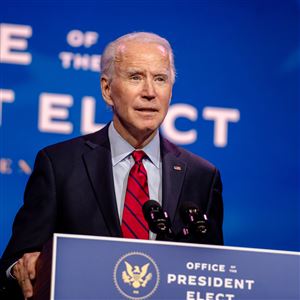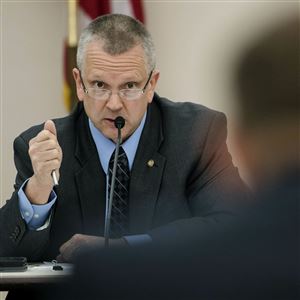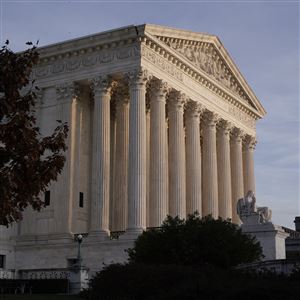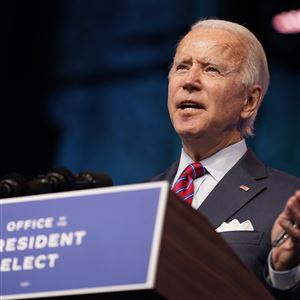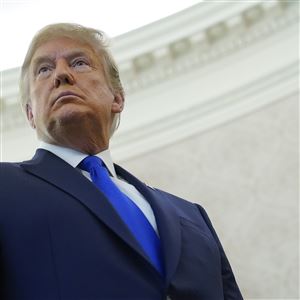The U.S. Supreme Court on Tuesday rejected an emergency appeal by Pennsylvania Republicans that sought to void results of the Nov. 3 election in the battleground state, including Democrat Joe Biden’s win in the presidential race.
The nation’s highest court denied Republicans’ request for an emergency injunction, declining to issue one immediately to stop or reverse the certification of election results. The court also did not voluntarily take up the issue of the constitutionality of the state Legislature’s expansion to absentee voting last year — a law the GOP asked the court to strike down.
“The application for injunctive relief presented to Justice [Samuel] Alito and by him referred to the Court is denied,” the Supreme Court’s one-line order read.
There’s still an opportunity for the plaintiffs — including U.S. Rep. Mike Kelly, R-Butler — to file a separate request for the court to consider the case on its underlying merits on an expedited basis, a move their lawyer indicated they would undertake, according to The Associated Press.
But Rick Hasen, an election law expert at the University of California Irvine, wrote on Twitter that if the plaintiffs file a petition for certiorari, seeking a full review of their case, it “usually takes a few months to rule upon, and by then it will be too late.”
Democratic Gov. Tom Wolf already has certified Mr. Biden’s victory over President Donald Trump, and the state’s 20 electors are to meet Dec. 14 to cast their votes for Mr. Biden.
“Nothing that the president says, no matter how many phone calls he makes, will stop those electors from meeting on Monday and issuing 20 votes for Joe Biden,” Pennsylvania Attorney General Josh Shapiro said on CNN on Tuesday, adding that “the president saying he won doesn’t make it so.”
The court’s decision came in a short order — without any noted dissent — on the same day Pennsylvania officials had asked the justices to deny the GOP request on the basis that the Republicans’ claims were “fundamentally frivolous.”
Lawyers for Secretary of State Kathy Boockvar, Mr. Wolf and the state Legislature, asserting that no court has “ever issued an order nullifying a governor’s certification of presidential election results,” wrote in a filing early Tuesday that the court should reject the appeal for injunction filed by Mr. Kelly and other Republican plaintiffs — including 17th District congressional candidate Sean Parnell, who lost to U.S. Rep. Conor Lamb on Nov. 3.
“Their suit is nothing less than an affront to constitutional democracy,” lawyers for the state wrote. “It should meet a swift and decisive end.”
Derek Muller, a law professor at the University of Iowa who specializes in election law and federal courts, said “the fact there was no noted dissent suggests there’s no justice on the court who feels strongly that this case had merit or should proceed.”
Such an extraordinary request for relief would require extraordinary justification, and that wasn’t presented, Mr. Muller said.
“I think this litigation was set up to try to stop certain elements of the presidential election process. The denial here means that those things are going to go into effect,” Mr. Muller said, “and I don’t know that the plaintiffs in this case are going to have much of an appetite for continuing to challenge it in the months ahead.”
The Republicans had argued that last year’s expansion to absentee voting in Pennsylvania — the allowance of no-excuse mail-in voting — was unconstitutional, and an “attempt to override through legislation the protective limitations on absentee voting contained in the Pennsylvania Constitution, as interpreted by the Pennsylvania Supreme Court over the last 158 years.”
As a result, Mr. Kelly and others wanted the court to prevent the state from taking any further action to “perfect the certification of the results” of the election for president and vice president and from certifying the remaining results in races for U.S. senators and representatives. They also were seeking a nullification of any actions that had already occurred.
This was not my case as has been so incorrectly reported. The case that everyone has been waiting for is the State’s case with Texas and numerous others joining. It is very strong, ALL CRITERIA MET. How can you have a presidency when a vast majority think the election was RIGGED? https://t.co/ZKu9sNVz2U
— Donald J. Trump (@realDonaldTrump) December 9, 2020
State officials countered that the court was being asked to “undertake one of the most dramatic, disruptive invocations of judicial power in the history of the Republic,” and shouldn’t because the claims are “fundamentally frivolous.”
The state’s lawyers wrote that even if the claims had merit, the relief — to halt and nullify certifications — wasn’t justified, and the Republicans hadn’t explained how a “remedy premised on massive disenfranchisement” would be constitutional.
“Nor do they seek to square their position with the separation of powers, the Twelfth Amendment, or basic principles of federalism — all of which foreclose the injunctive relief that Petitioners seek here,” the state wrote in its brief, adding that the Republicans hadn’t acknowledged the “upheaval, turmoil and acrimony it would unleash.”
Pennsylvania’s Supreme Court threw out the Republicans’ case at the end of November, as justices cited the mail-in voting expansion law’s 180-day time limit on filing legal challenges to its provisions, as well as the staggering demand that an entire election be overturned retroactively.
Mr. Lamb, D-Mt. Lebanon, who beat Mr. Parnell by about 10,000 votes in the race for the 17th Congressional District, noted on Twitter that there were no dissenting justices on the orders in either the U.S. or Pennsylvania Supreme courts.
“Even Trump appointees & Republicans saw this for what it was: a charade,” Mr. Lamb wrote.
In addition to challenging the state’s mail-in voting law, the Republicans’ lawyers questioned whether the state justices violated their clients’ constitutional rights by throwing out the case on the basis of time limits and barring them from refiling it on the same grounds.
In the underlying lawsuit, Mr. Kelly and others had sought to either throw out the 2.5 million mail-in ballots submitted under the law or to wipe out the election results and direct the state’s Republican-controlled Legislature to pick Pennsylvania’s presidential electors.
The Legislature, in legal filings in that case, urged that Mr. Kelly and Mr. Parnell’s suit be dismissed because their body, they said, is constitutionally authorized to prescribe the method that qualified voters may cast their ballots — noting that Act 77, the law, didn’t change the requirements of who is a qualified voter.
Julian Routh: jrouth@post-gazette.com. The Associated Press contributed.
First Published: December 8, 2020, 7:30 p.m.
Updated: December 9, 2020, 4:17 p.m.

